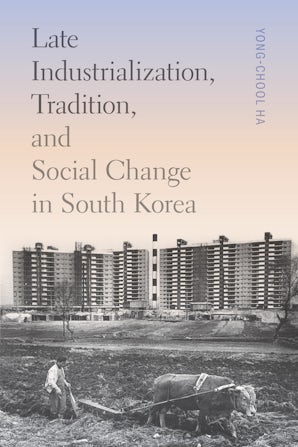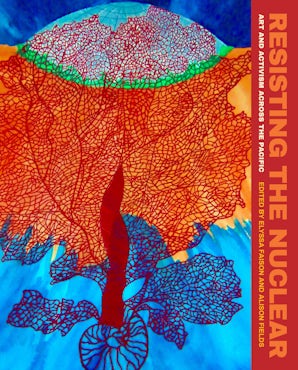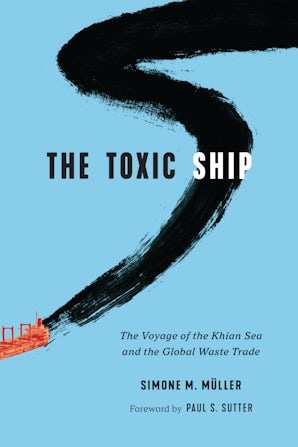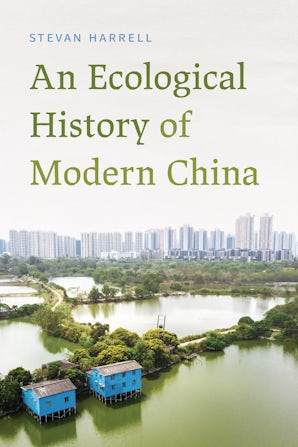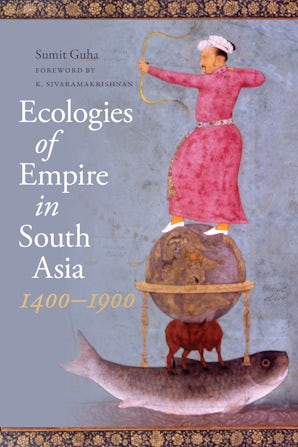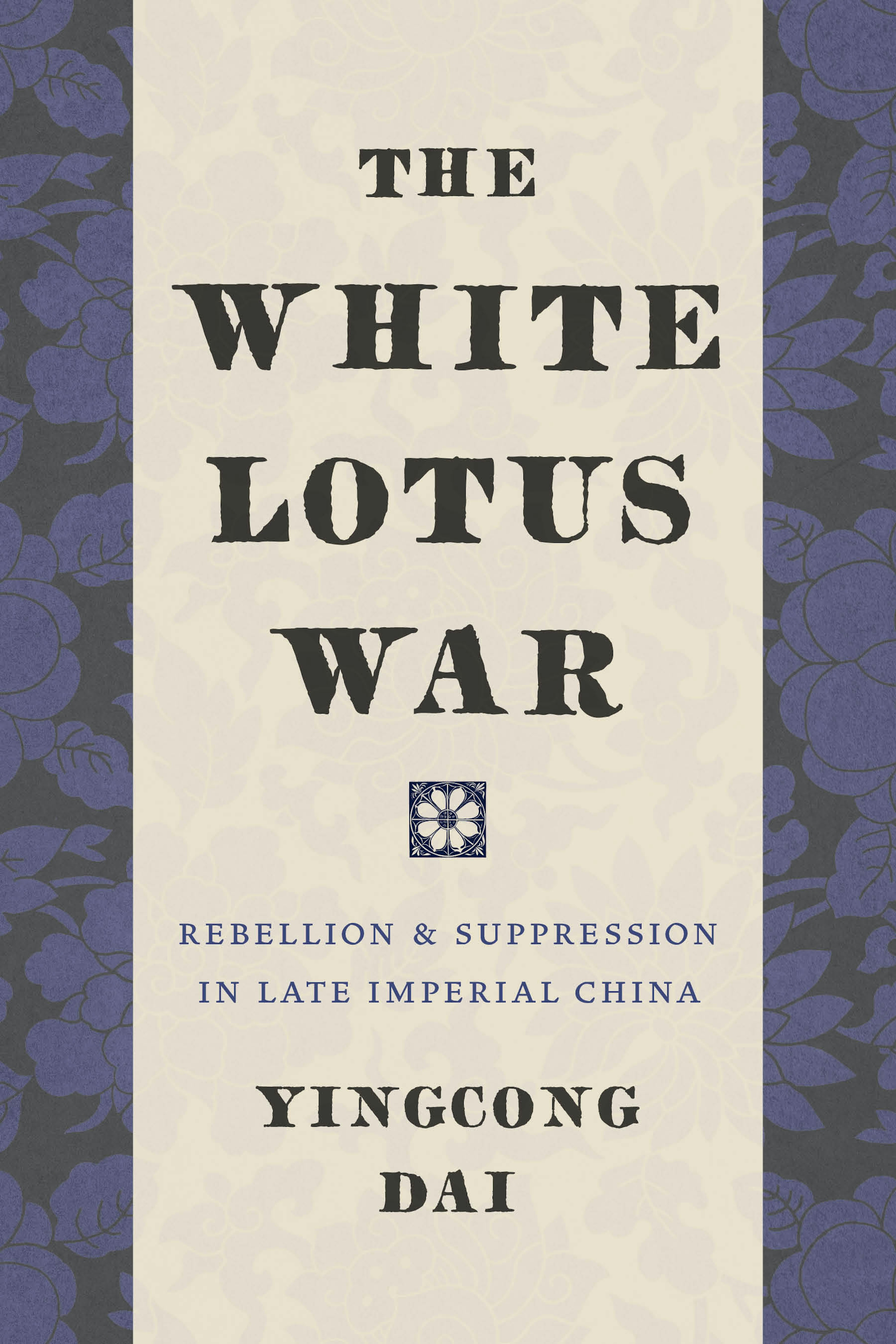
The White Lotus War
Rebellion and Suppression in Late Imperial China
By Yingcong Dai
- PUBLISHED: June 2019
- SUBJECT LISTING: Asian Studies / China, History
- BIBLIOGRAPHIC INFORMATION: 664 Pages, 6 x 9 in, 1 chart, 9 tables, 14 maps
- ISBN: 9780295745459
- Publisher: University of Washington Press
Description
A CHOICE OUTSTANDING ACADEMIC TITLE
The White Lotus War (1796–1804) in central China marked the end of the Qing dynasty’s golden age and the fatal weakening of the imperial system itself. What started as a local rebellion grew into a serious political crisis, as the central government was no longer able to operate its military machine.
Yingcong Dai’s comprehensive investigation reveals that the White Lotus rebels would have remained a relatively minor threat, if not for the Qing’s ill-managed response. Dai shows that the officials in charge of the suppression campaign were half-hearted about the fight and took advantage of the campaign to pursue personal gains. She challenges assumptions that the Qing relied upon local militias to exterminate the rebels, showing instead that the hiring of civilians became a pretext for misappropriation of war funds, resulting in the devastatingly high cost of the war. The mishandled demilitarization of the militiamen prolonged the hostilities when many of the dismissed troops turned into rebels themselves. The war’s long-term impact presaged the beginning of the disintegration of the Qing in the mid-nineteenth century and eruptions of the Taiping Rebellion and other uprisings.
The White Lotus War will interest students and scholars of late imperial and modern Chinese history, as well as history buffs interested in the warfare of the early modern world.
Authors & Contributors
Yingcong Dai is professor of history at William Paterson University. She is the author of The Sichuan Frontier and Tibet: Imperial Strategy in the Early Qing.
Reviews
"The White Lotus War: Rebellion and Suppression in Late Imperial China is a seminal work of outstanding scholarship and unreservedly recommended for community, college, and university library Chinese History collections and supplemental studies lists."
- Midwest Book Review"Yingcong Dai provides the definitive history of a key juncture in the trajectory of the Qing dynasty...[D]etails with clarity the complicated interface of moving parts, from emperors and metropolitan officials to impe‐rial kinsmen and Mongols in the banner armies, Green Standard Army fighters, and locally raised troops deployed outside their own region, down to the provincial and county officials charged with provisioning the soldiers."
- H-Net"In her impressive new book, Dai Yingcong sets out to entirely change our understanding of the 1796 White Lotus rebellion."
- Journal of Asian Studies"Yingcong Dai is an expert on the nexus between military, economy, and soci-ety in the high Qing period...While the large wars of conquest of the Qing Dynasty in Central Asia and Tibet are the subject of numerous studies by now, and the turmoil of the nineteenth century is understood quite well as seen from multiple aspects, the watershed between the eighteenth and the nineteenth centuries remained hitherto a blank area. Yingcong Dai filled this gap with her book on the White Lotus Rebellion (1796–1804)."
- Journal of Military History"[T]he first in-depth, comprehensive study of the White Lotus War...Integrating rigorous research with vivid storytelling, this book is an indispensable addition to the studies of Qing history and the military history of China."
- ChoiceAdvance Praise
"An inspired piece of scholarship, Dai’s definitive account of a crucial episode in the decline of the power of China’s last dynasty offers fresh perspectives and radically new interpretations."
- Helen Dunstan, professor emerita of history, University of Sydney"The White Lotus Rebellion of 1796-1805 was a watershed moment for the Qing dynasty, a challenge that emptied its treasury and frustrated its military. In this monumental history, Dai Yingcong mines a trove of imperial sources to narrate the rise and suppression of the rebellion in exhaustive detail. We see here the aging Qianlong and young and impatient Jiaqing emperors’ strenuous efforts to eliminate corruption, control cost, and restore peace. This fine study provides rich picture of Chinese governance on eve of Western impact."
- Joseph W. Esherick, professor emeritus of history, University of California, San Diego"A major scholarly achievement. This book will form the basis of our understanding of the White Lotus War for decades."
- William T. Rowe, author of Crimson Rain: Seven Centuries of Violence in a Chinese County"Dai’s thorough and incisive study deftly reveals the flaws in Qing military strategy and finance. In damning detail, she indicts the emperors for extravagance, strategic incoherence, and incompetence. She reveals starkly the limitations of the Qing state in the modern era."
- Peter C. Perdue, author of China Marches West: The Qing Conquest of Central Eurasia"An illuminating revisionist history of the beginning of the Qing’s end. Using multiple perspectives Dai demonstrates how Qing military prowess palpably faltered in a war that also cost them financial sustainability."
- Joanna Waley-Cohen, author of The Culture of War in China: Empire and the Military under the Qing Dynasty"Yingcong Dai combines unprecedented original research, a broad base in modern historiography and her own keen historical insight to provide both a uniquely detailed account and a freshly integrated assessment of this seminal event in Qing history. She shows that as dramatic and broad-based as the violence of the war was, its true significance lay in the ways the Qing court and bureaucracy were challenged by the financial, informational and political ramifications of the sustained campaigns. The successes and the failures — which the author emphasizes were acutely observed and appraised by Qing officials in real time— are unexpected from a modern viewpoint, but essential to understanding the unraveling of Qing stability in the Jiaqing years and later. The book brilliantly fills a long-standing gap in our coverage of the Qing."
- Pamela Crossley, author ofThe Wobbling Pivot: China since 1800"This extraordinarily well-researched book overturns nearly every aspect of the conventional wisdom on the White Lotus Rebellion and its supposed meaning as a watershed moment in Qing history. Dai shows that the length of the war against the rebels did not reflect growing Qing military weakness in the face of massive social grievances, as it is often portrayed, but rather military corruption that found profit in prolonging the conflict."
- Edward McCord, author, Military Force and Elite Power in the Formation of Modern China